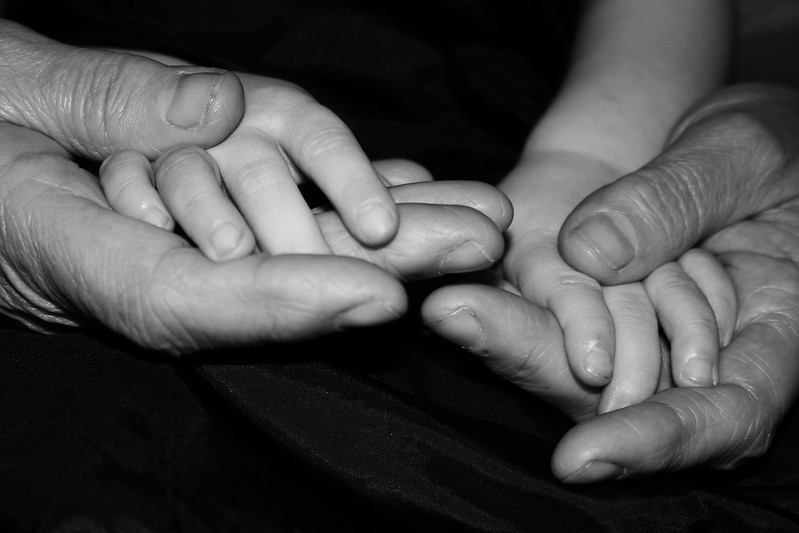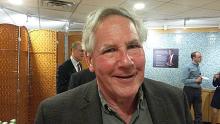
What Is It
Parents have duties to their children. But do grown up children have obligations to their parents? More generally, do the younger members of a society have obligations to their elders? Where would such obligations come from? What are their limits? John and Ken investigate the moral ties that bind the generations together with Norm Daniels from Harvard University, author of From Chance to Choice: Genetics and Justice.
Listening Notes
John provides a metaphor for the interaction of generations as a rope, a bunch of strands bound together, overlapping, and reinforcing each other. What do we owe the generations with which we share the planet? Ken introduces the guest, Norman Daniels, professor at Harvard.
What is a generation? Daniels points out that "generation" is ambiguous. One sense of the word means an age group. Another sense means a birth cohort, i.e. a group of people born around the same time. John asks if our basic ethical questions are concerned with what different age groups owe to each other? Ken and Daniels think there are two questions, what different age groups owe to each other and what birth cohorts owe to each other. Daniels suggests figuring out how to treat each age group fairly, then adjusting depending on the needs of the individual birth cohorts. If there is a large generation followed by a smaller one, retirement benefits and other things may need to be scaled down for the older generation to accommodate the disparity in size.
How much should younger generations sacrifice to provide for the welfare of older generations? Daniels think that we need to think about how to distribute money to maximize our well-being over the course of your whole life. How do we think of the question of obligation between age groups? Does population aging affect intergenerational obligation? Daniels thinks that it affects the age group problem. There are generations that will be born that we will never know. How do we owe anything to non-existent people we will not be able to meet. How do we have obligations to our ancestors? They are dead and gone. How would our lives change if there were no future generations? Ken thinks the meaning of our lives is intimately bound up with the expectation that there will be future generations.
- Roving Philosophical Report (Seek to 04:20): Amy Standen interviews several people about what they expect of descendants they won't meet and what they feel they owe their ancestors.
- Sixty Second Philosopher (Seek to 49:45): Ian Shoales gives a brief history of family values, from the Greeks and classical literature to the modern family and Star Wars.



